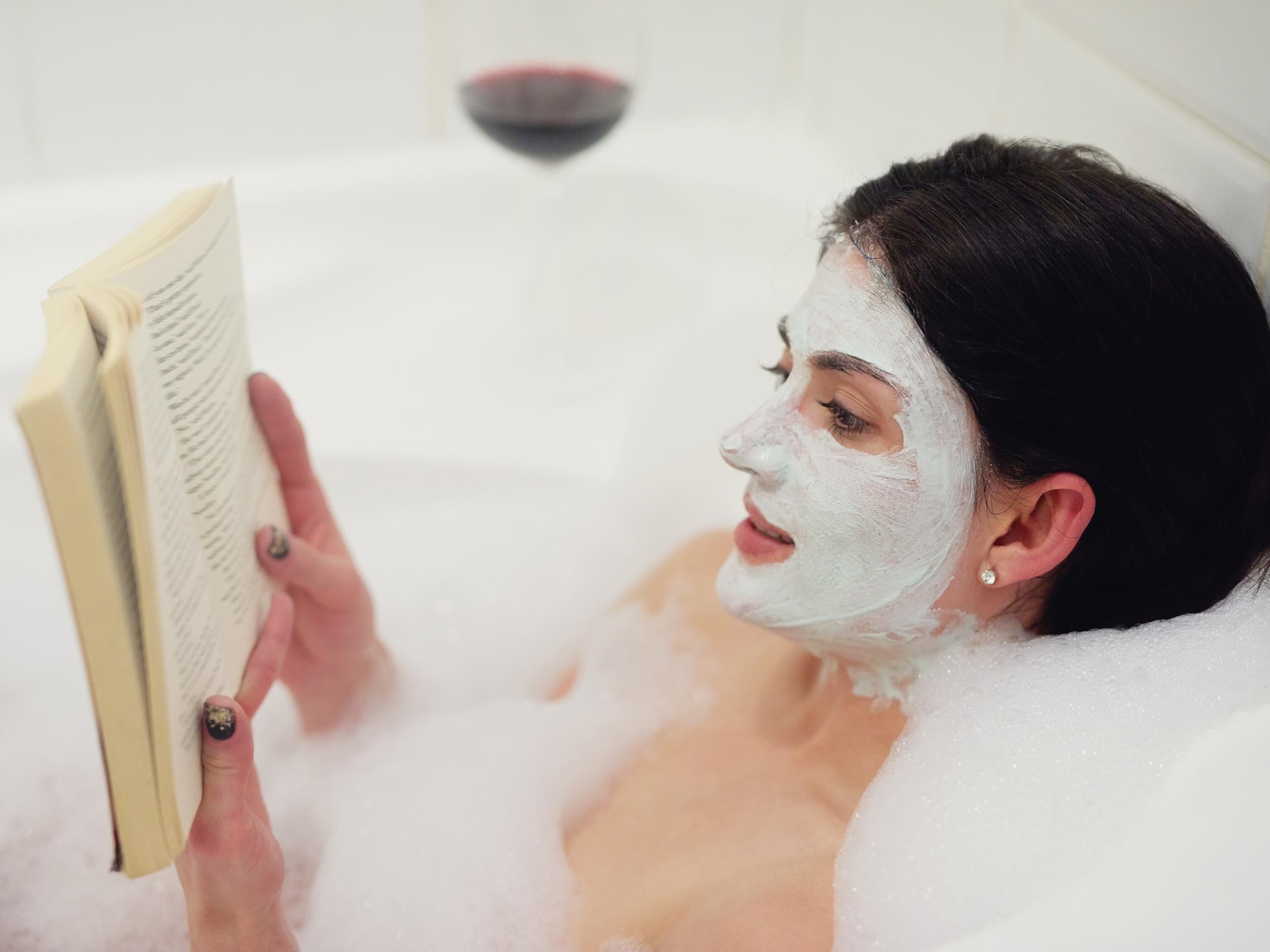Reading, bathing and watching films are among favourite ways Britons help themselves get to sleep, finds study
'Many of these methods are just short-term fixes'

Your support helps us to tell the story
From reproductive rights to climate change to Big Tech, The Independent is on the ground when the story is developing. Whether it's investigating the financials of Elon Musk's pro-Trump PAC or producing our latest documentary, 'The A Word', which shines a light on the American women fighting for reproductive rights, we know how important it is to parse out the facts from the messaging.
At such a critical moment in US history, we need reporters on the ground. Your donation allows us to keep sending journalists to speak to both sides of the story.
The Independent is trusted by Americans across the entire political spectrum. And unlike many other quality news outlets, we choose not to lock Americans out of our reporting and analysis with paywalls. We believe quality journalism should be available to everyone, paid for by those who can afford it.
Your support makes all the difference.Reading a book, having a bath and watching a film are among the favourite ways Britons help themselves get to sleep – according to a new poll.
A survey of 2,000 adults found nearly half have difficulty sleeping when stressed after a busy day at work or because of relationship, financial or other problems.
Meditating, taking a hot shower and counting sheep also featured on the list of top 15 tactics used to unwind before bed.
Having a glass of milk, writing a to-do list for the following day and cleaning your bedroom also made the list.
It also emerged many of us choose options which we hope will help us de-stress – but which can actually have the opposite effect – such as drinking a tea, eating chocolate or consuming an alcoholic drink.
Nearly two-thirds of those who took part said they are generally good at de-stressing, according to the poll by Sleep Well Milk. Typically takes as long as 31 minutes to do so.
Nearly half agreed they get stressed easily with as many as 44 per cent confessing to tossing and turning through the night due to fears or worries.
Sleep expert Dr Neil Stanley said stress is a common factor in many cases where people struggle to get a good night’s sleep.
He added: "There are many studies around stress and sleep and this research is interesting in that it highlights some of the measures people will take to combat lack of sleep. But many of these methods are just short-term fixes.
"What people need to do is get into a regular bedtime routine, which could include their favourite de-stressing activity, as long as it becomes a habit so the brain recognises it as a sleep trigger.
Dr Stanley added that many bedtime routines can be counterproductive.
"Some things which appear innocent enough such as tea and chocolate can make it more difficult to fall asleep because they contain stimulants. Although alcohol can help you fall asleep it is known to disturb sleep in the later part of the night.
“Food, alcohol and drinks that contain stimulants like caffeine should be avoided as part of your de-stress pre-bed routine. Simple things that trigger early memories of bedtime are usually more effective, such as a warm bubble bath, glass of milk or writing a to-do list."
The research also revealed adults admitted to feeling stressed at least three times daily for over one fifth of their day, while three quarters wish they were less stressed.
Thirty-seven per cent will have a bubble bath and three in 10 will simply give someone a hug before bed in order to reduce their stress levels.
More than seven in 10 implement these stress reducing tactics as it helps them to relax, while more than one in four said it helps put them in a good mood.
The research also found the top causes of stress which included running late, arguments or deadlines at work.
The study also revealed differences in de-stressing methods used across the nation.
For example, the Scottish take 50 per cent longer to de-stress than Londoners, whereas having to cook a meal causes Welsh people half as much stress as those living in the East Midlands and driving is a lot less stressful for people living in Northern Ireland than it is in the South West of England.
SWNS
Join our commenting forum
Join thought-provoking conversations, follow other Independent readers and see their replies
Comments